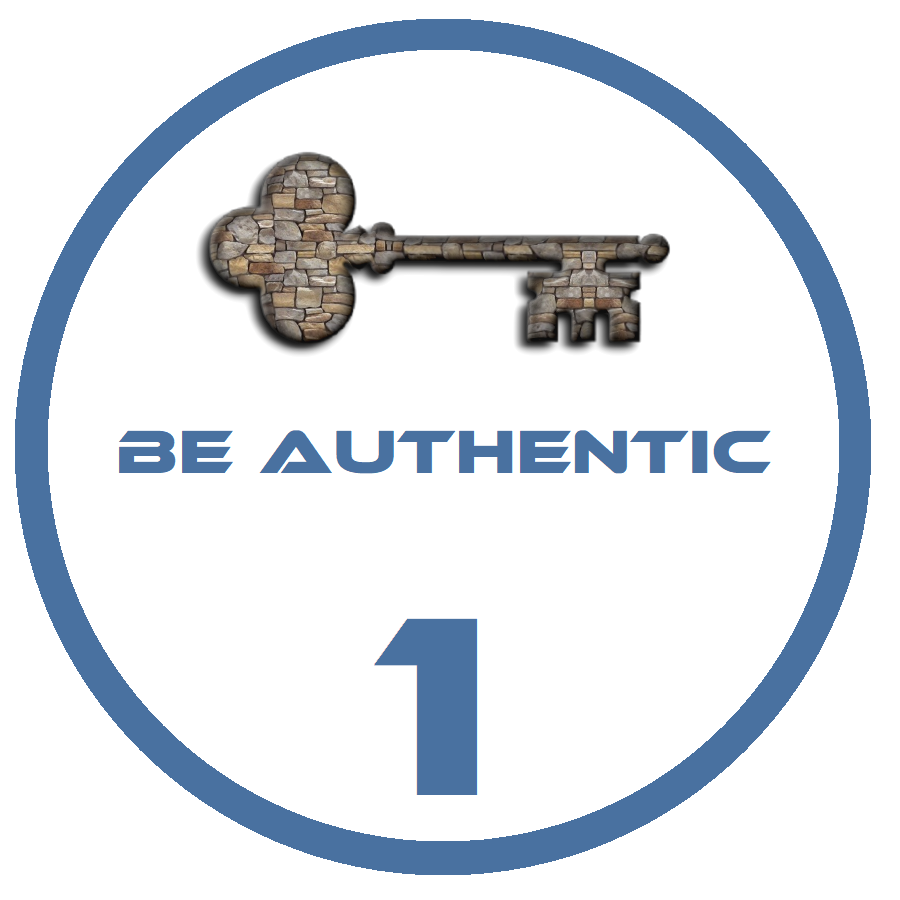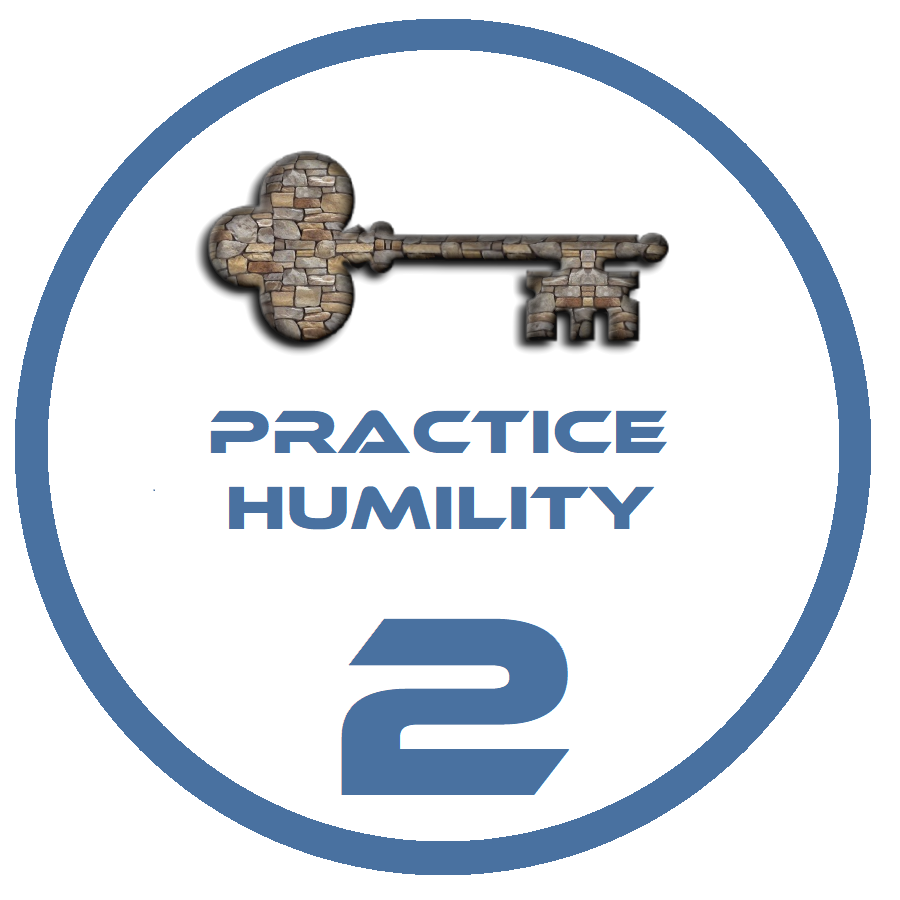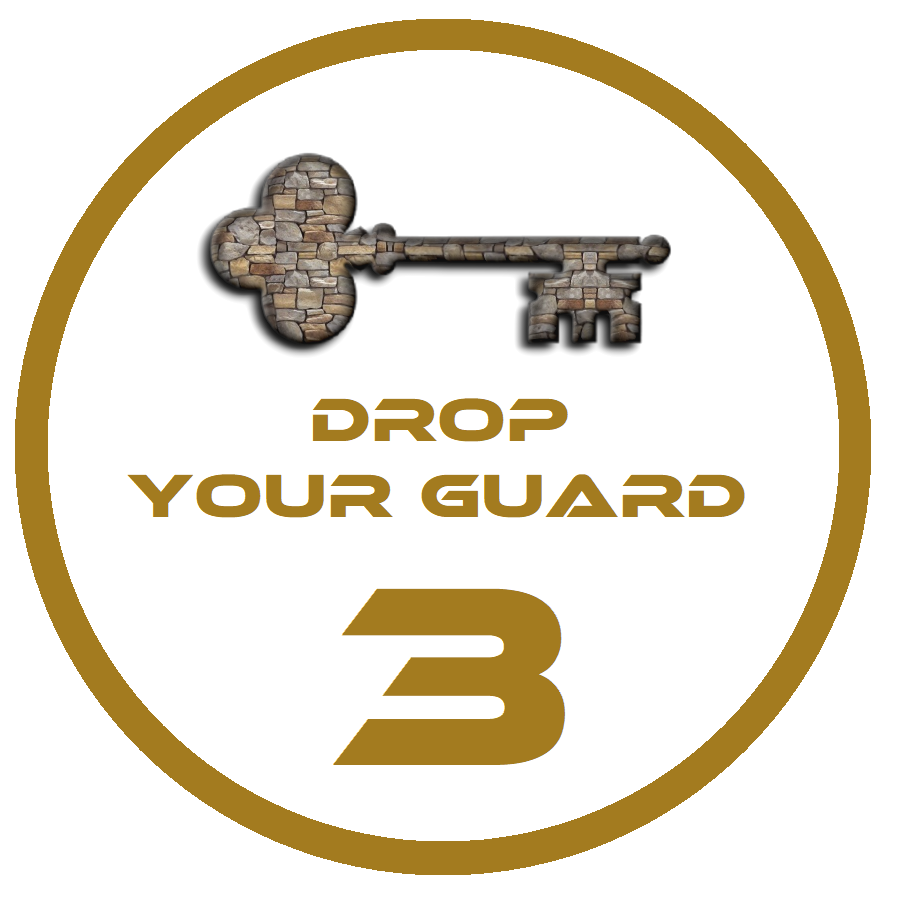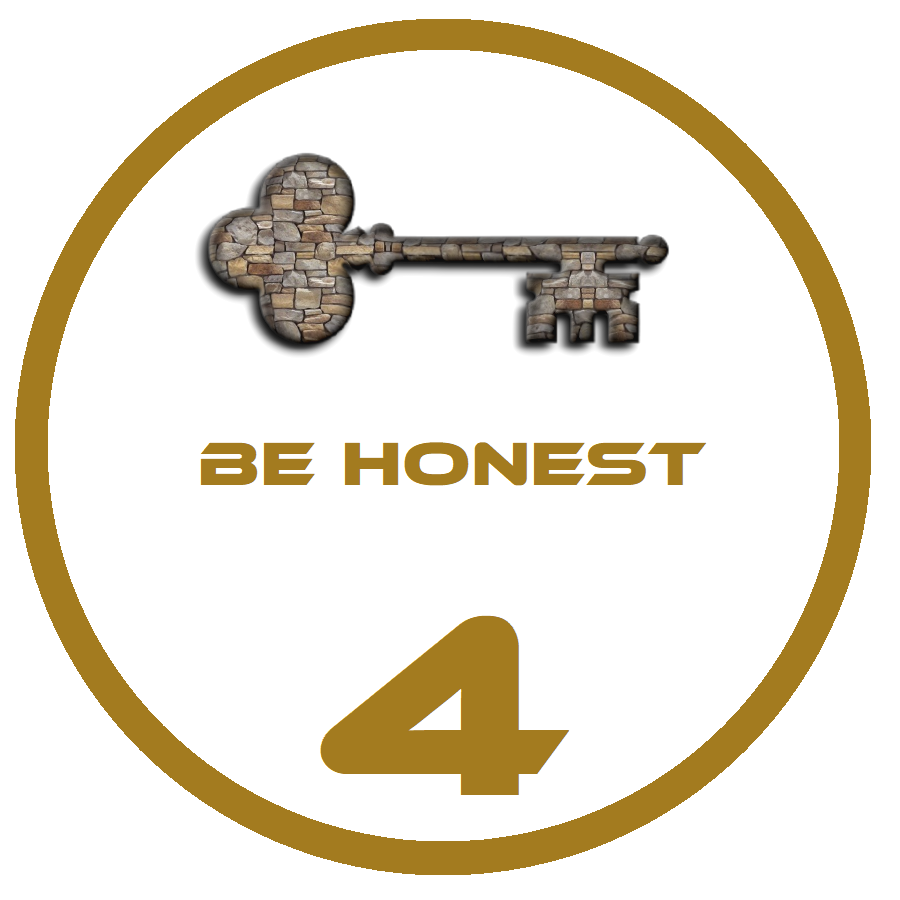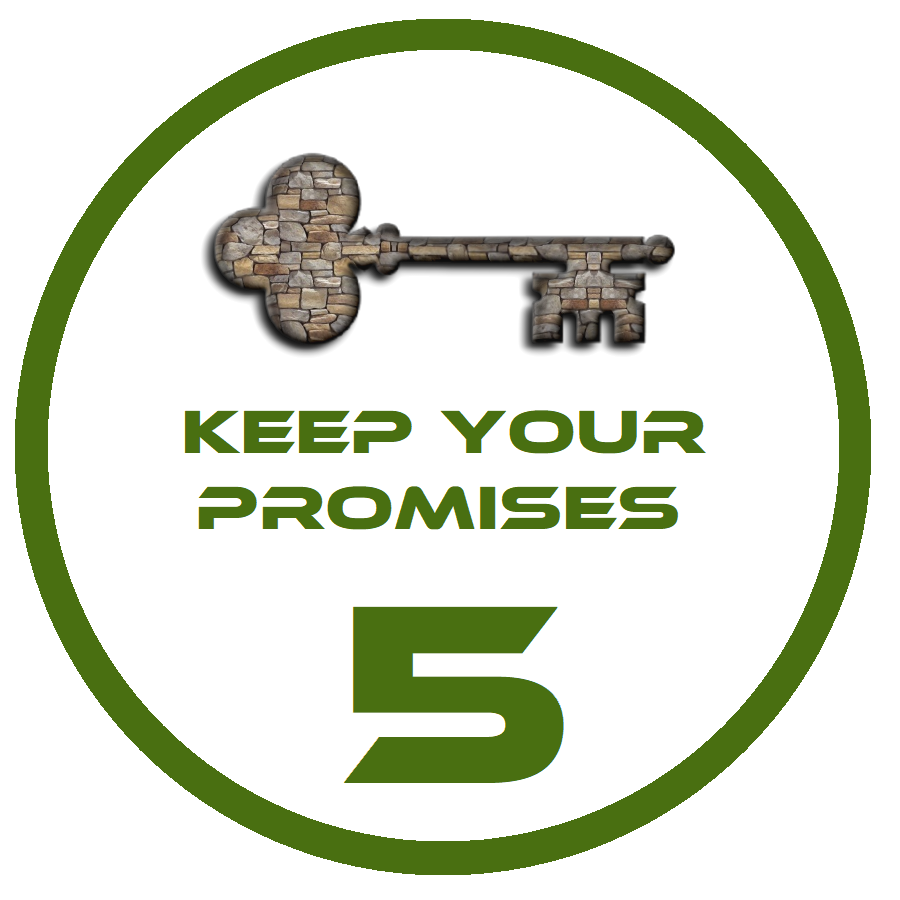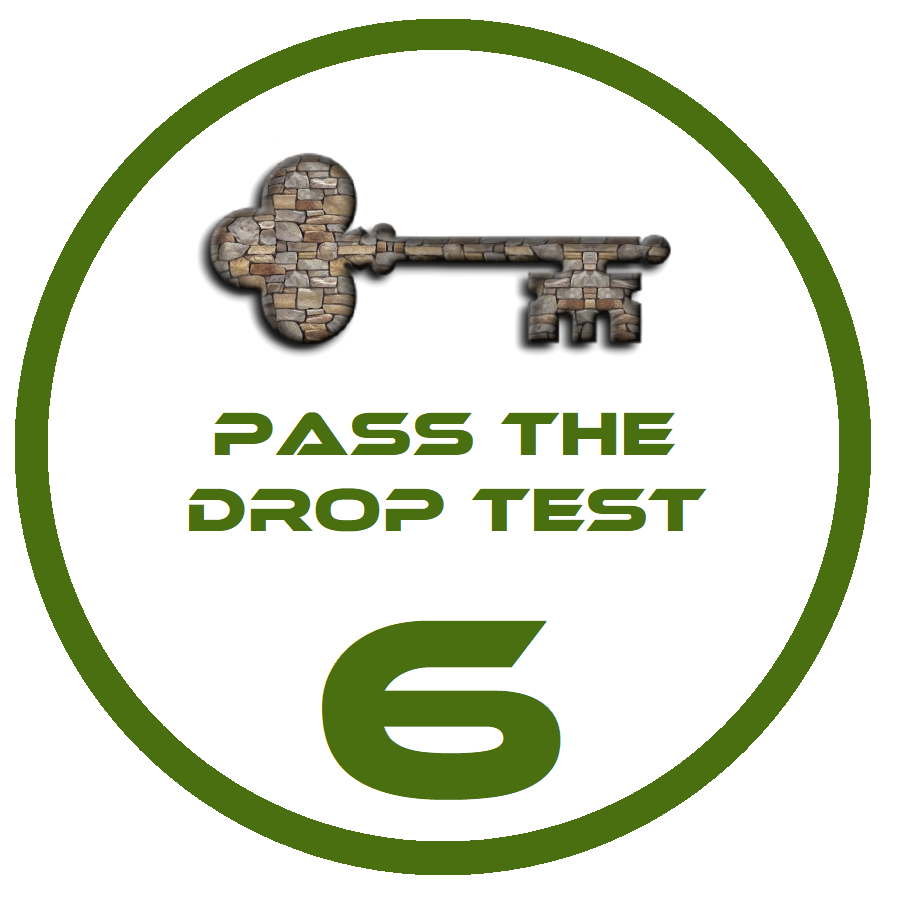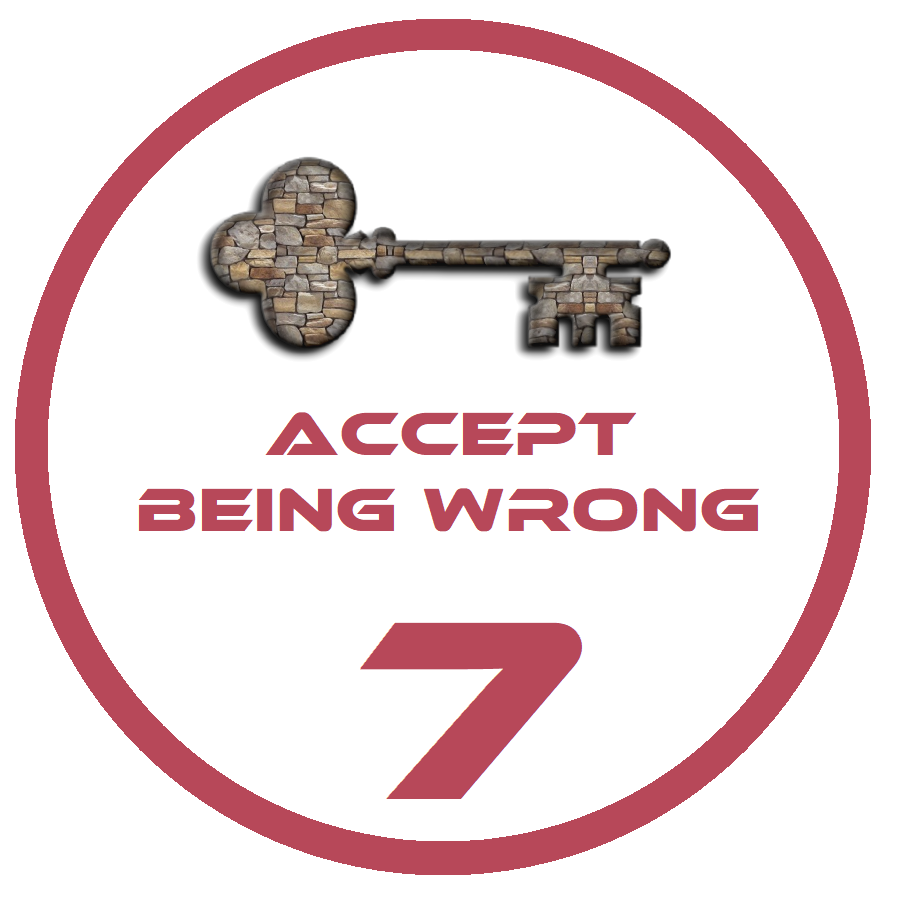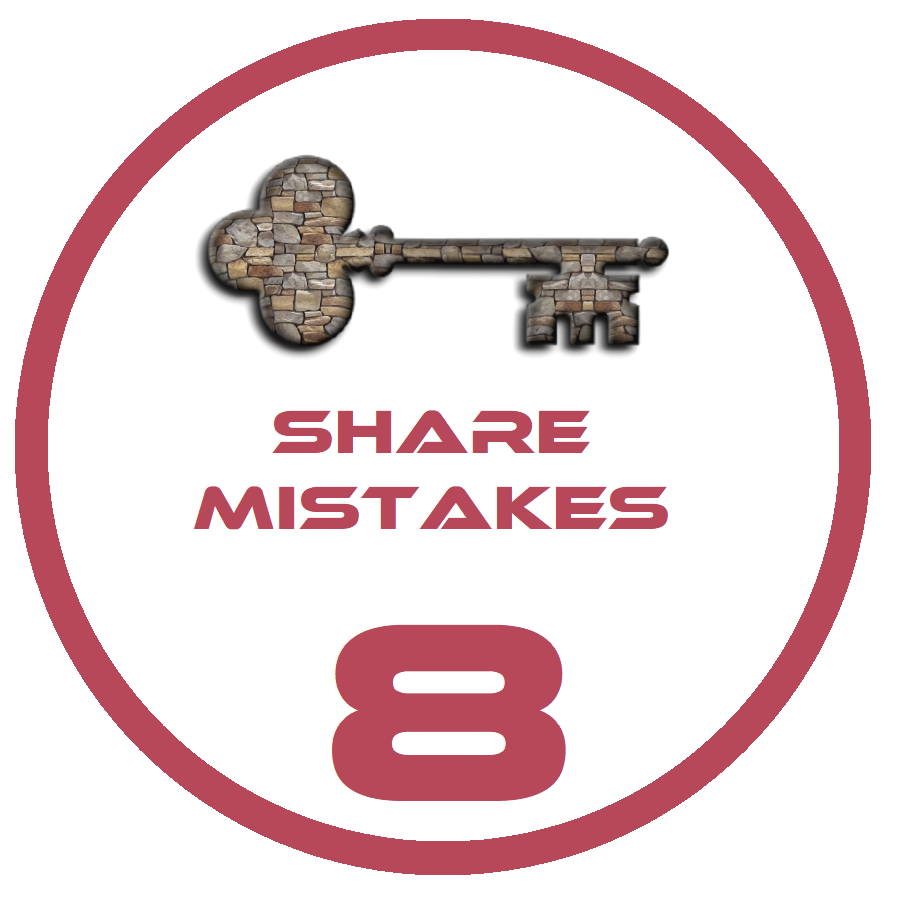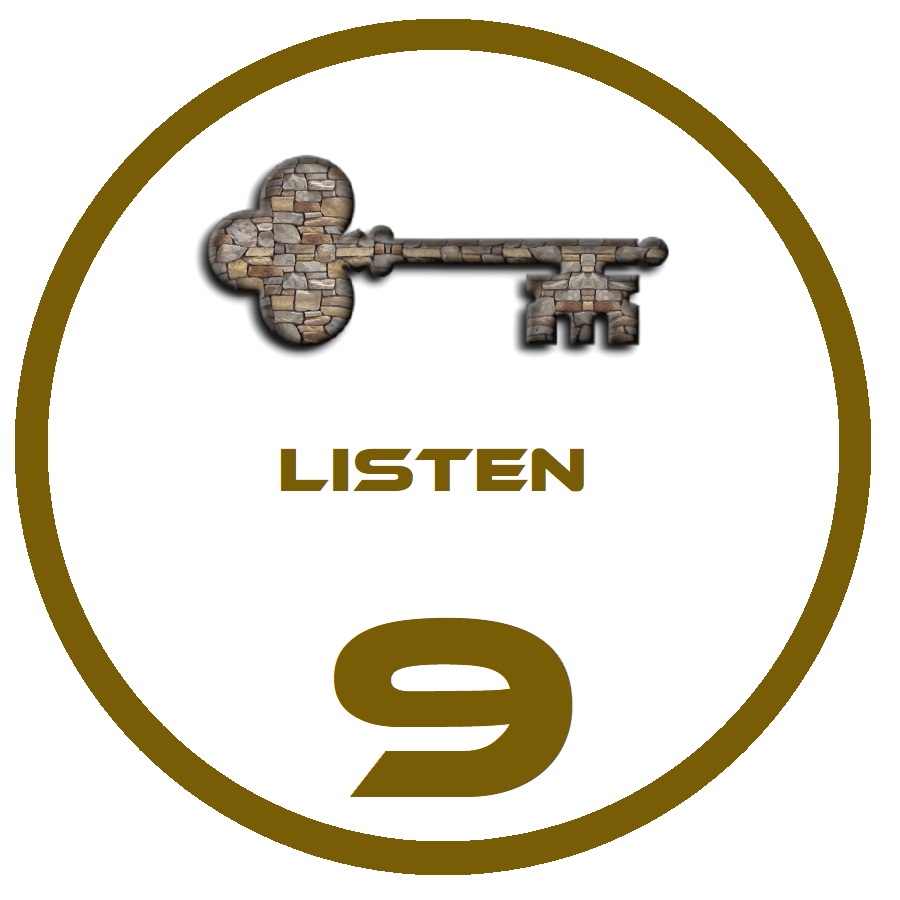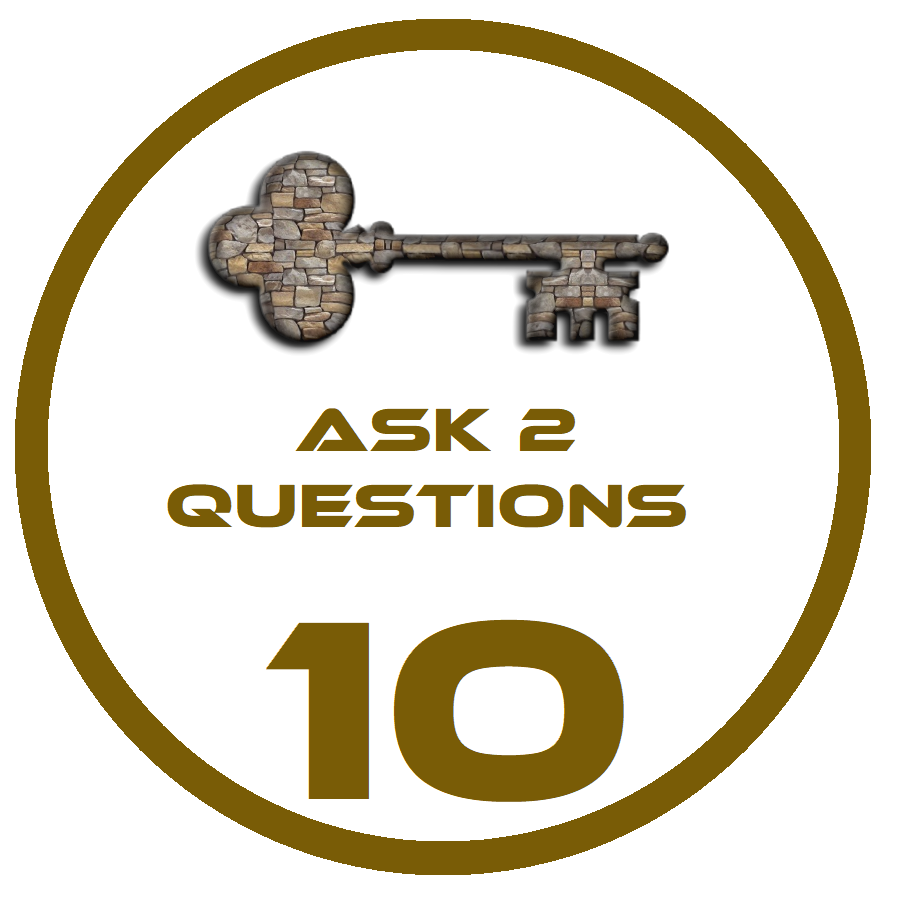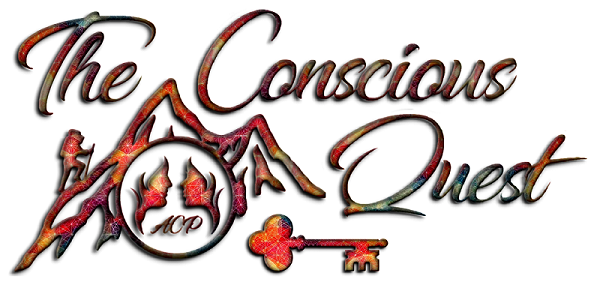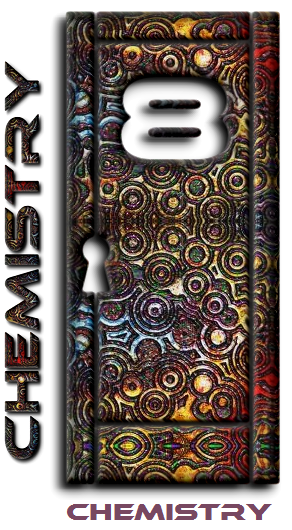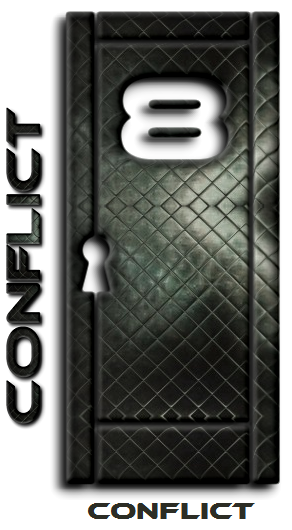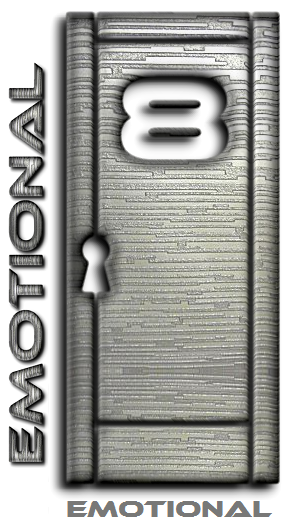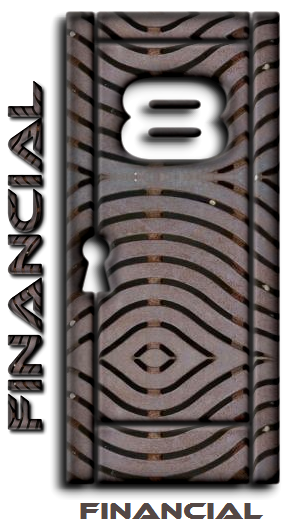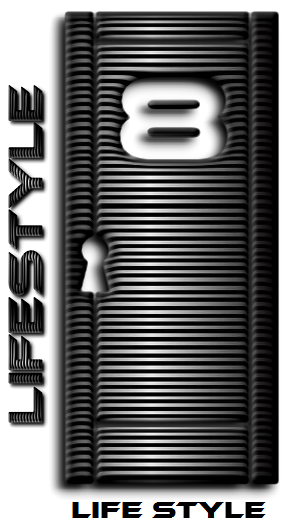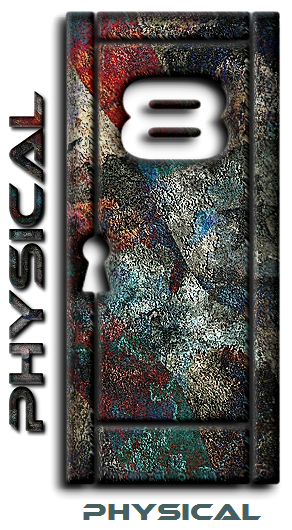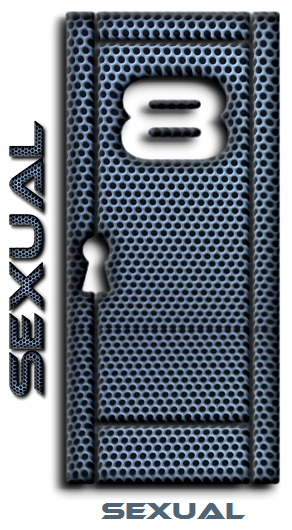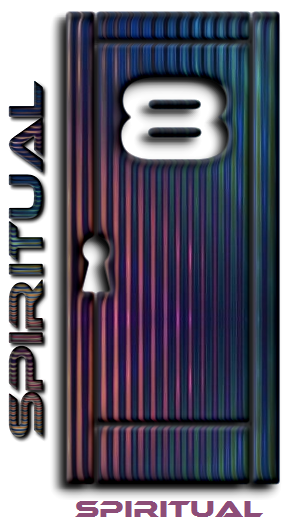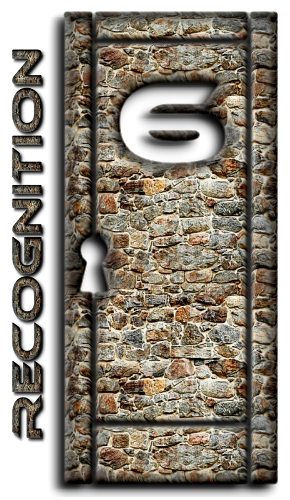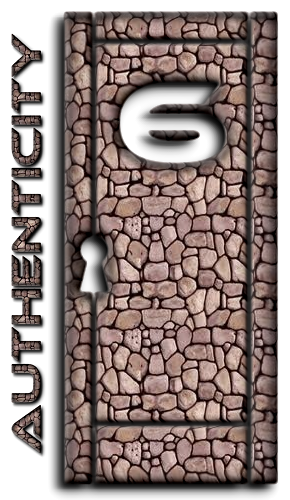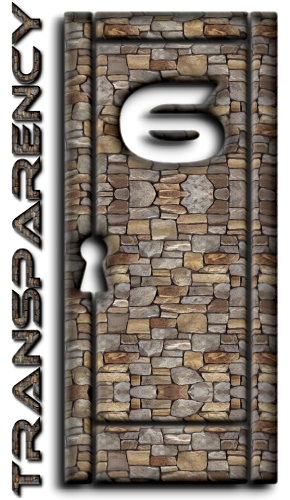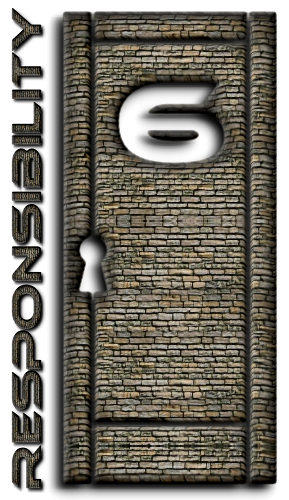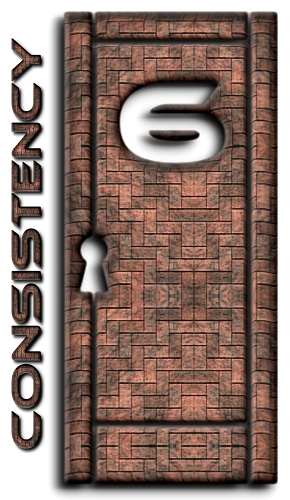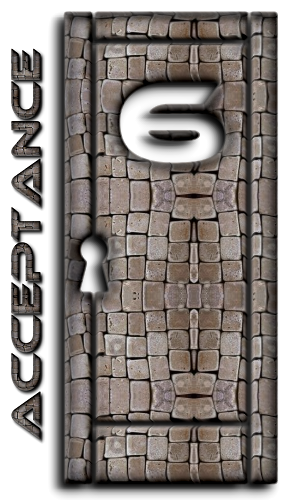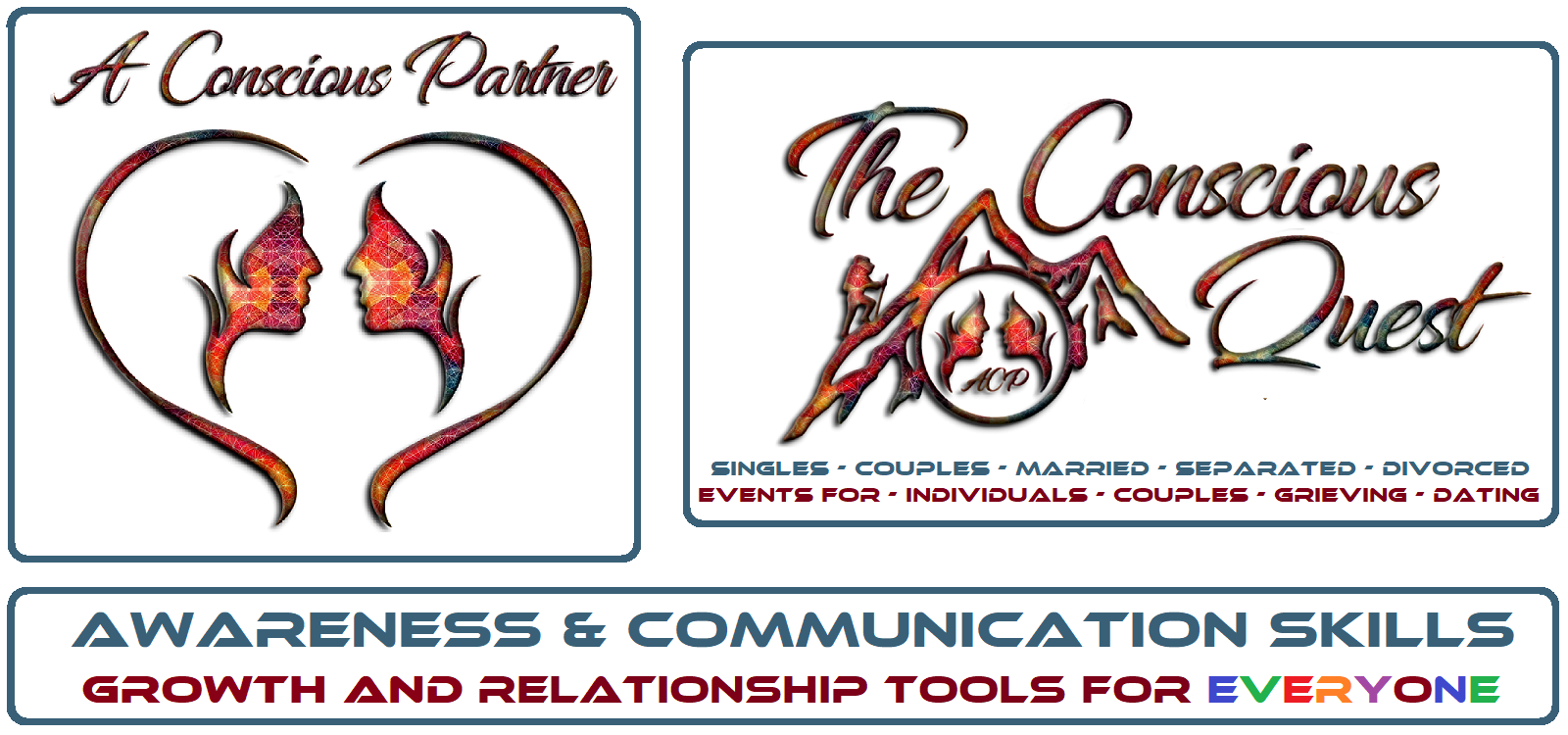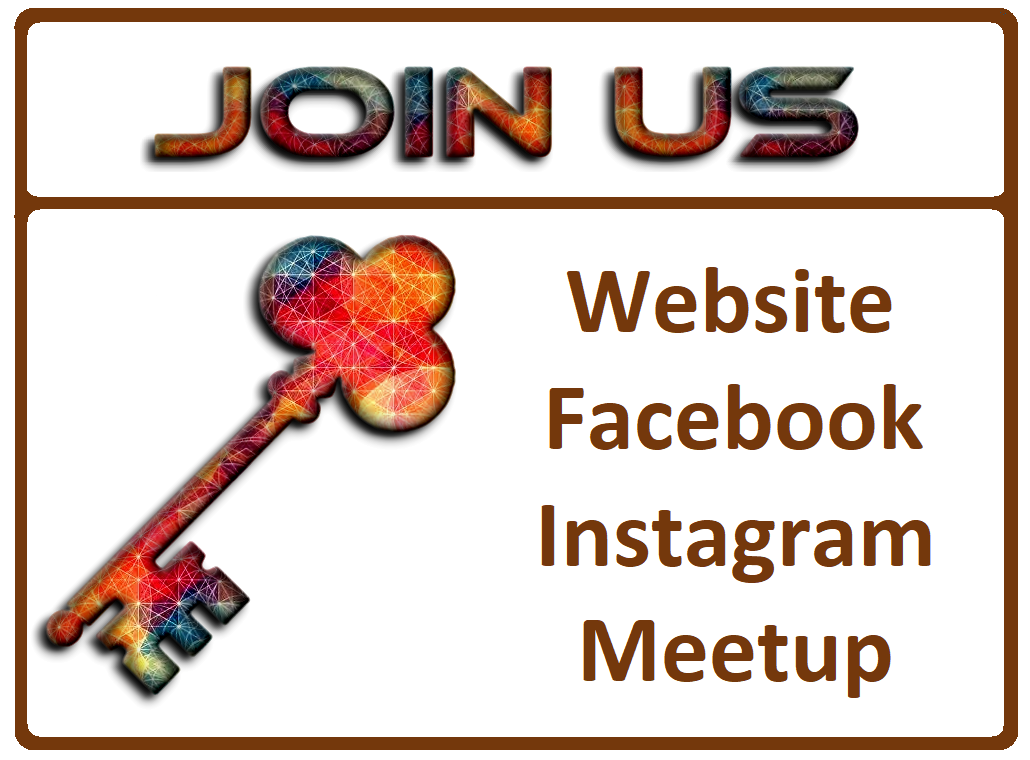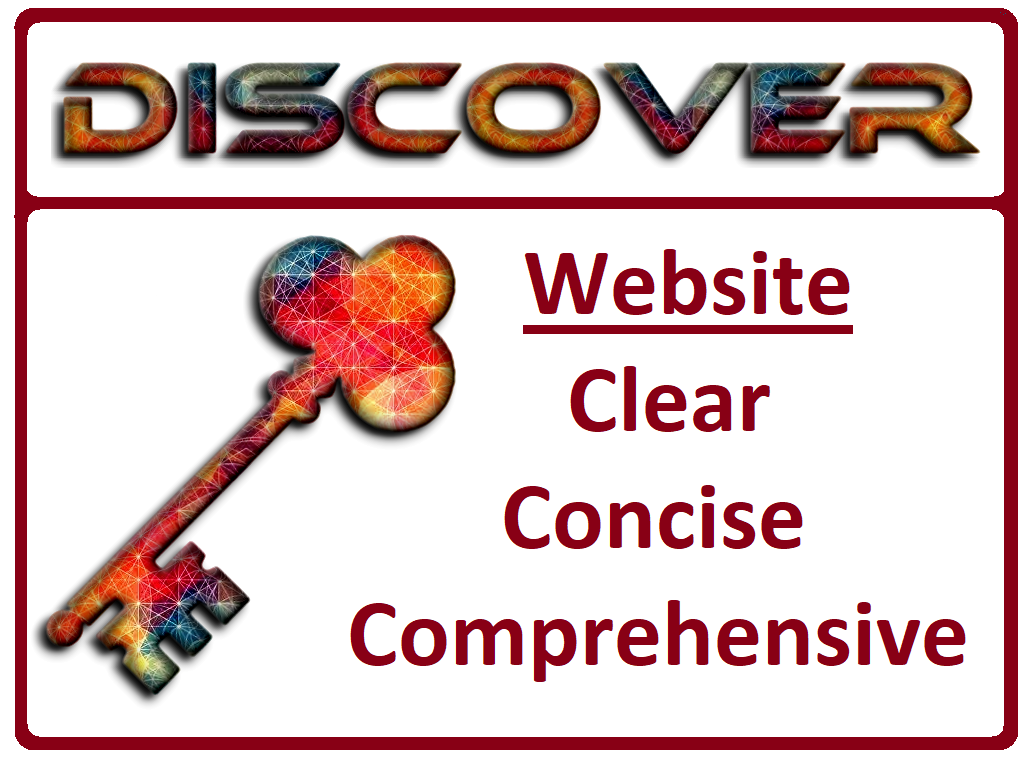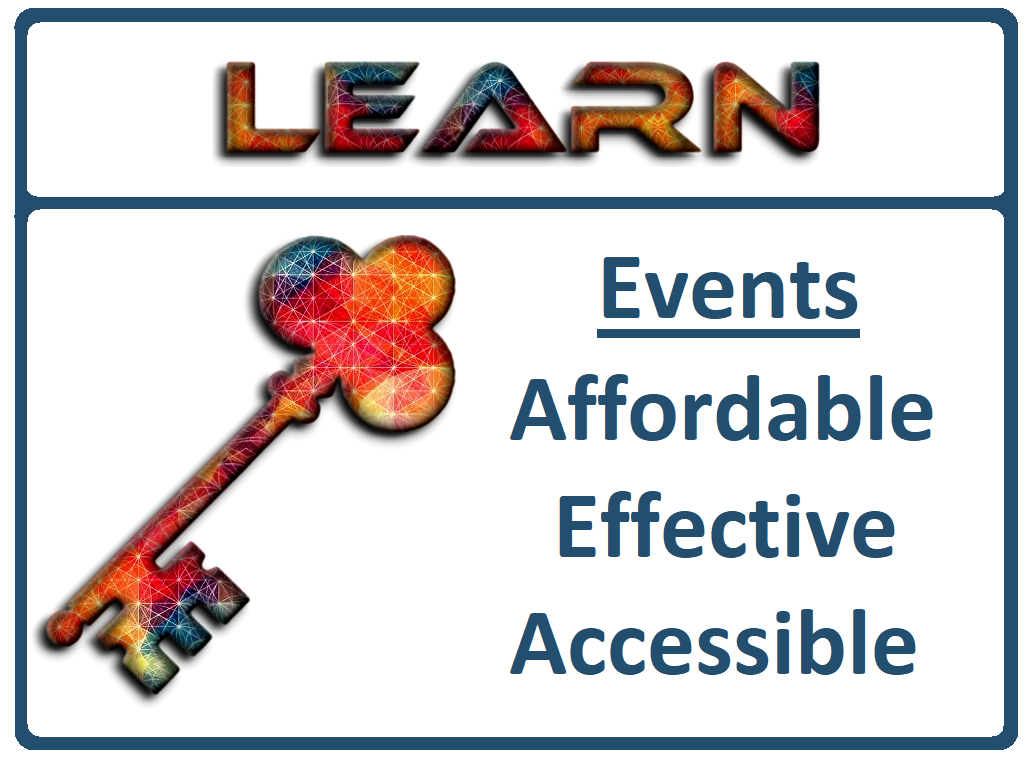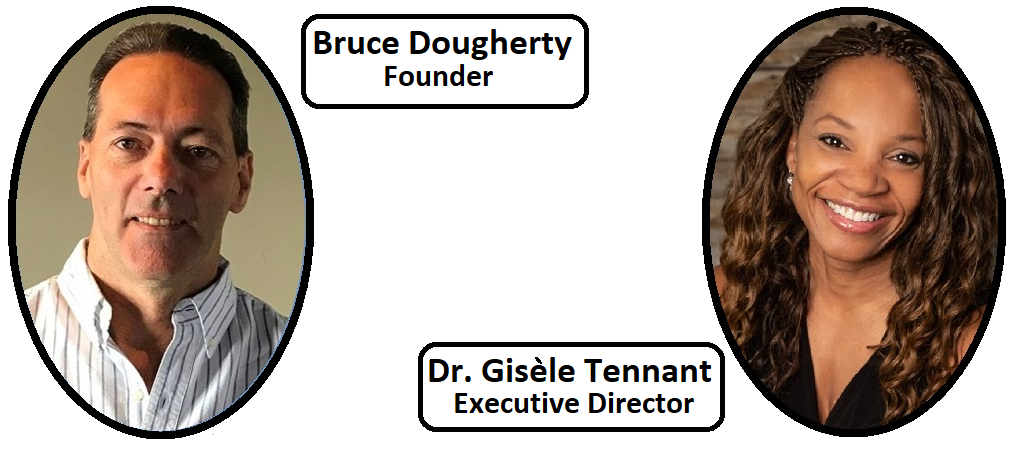|
What Does Transparency Mean?
Being emotionally transparent is about us; it's not about our partner. It revolves around being able to share our deepest thoughts and feelings, as well as our fears, anger, sadness, resentments, and joy.
Being transparent within a relationship is about sharing our thoughts and feelings honestly, without fear of judgement or repercussion. It is not about telling our partners what we think of them. |
|
|
But What If It Really Bothers Me?
"It really bothers me"... Those are the keywords. It is not stating that my partner is doing something wrong. The question itself is clarifying that what my partner is doing is "bothering me". Transparency requires us to have an honest curiosity about ourselves. The real question we should be asking is, "Why does it bother ME"? That's the answer we are looking for. |
Transparency Is Not About Confronting Others!
Transparency is actually about confronting ourselves!
It takes a commitment to observe our own emotions,
identify them, and be able to share them effectively.
It is NOT about confronting our partner and likely getting a defensive response
but rather to analyze and confront ourselves.
It takes a commitment to observe our own emotions,
identify them, and be able to share them effectively.
It is NOT about confronting our partner and likely getting a defensive response
but rather to analyze and confront ourselves.
|
This is why we hear so much about "you" statements. YOU did this and made me feel this way... YOU said that and made me feel that way... When we speculate on the intentions of someone else, very often, we will trigger a defensive response. The next time you are having a serious discussion with your partner, or anyone else for that matter, see if you can count the "you" statements. |
|
|
It is difficult for anybody to MAKE us feel an emotion. We have 100% control over how we choose to respond, what we do, and how we feel. The important question to ask ourselves is, "Why do I feel that emotion"?
Without trust, relationships fail to grow, and an effective way to built trust is through transparency. It is committing to our partners that we will make an effort to share our emotions in a curious rather than defensive or confronting way. |
The Process of Transparency
Have you or someone that you know ever felt alone within their relationship? It happens all the time. People can live what are essentially separate lives for years.
When we keep our inner lives private, we start building walls and closing doors. Over time, this will create distance and will often result in a strained and unhappy relationship.
Unfortunately, many people even feel that this is normal. Yes, it is common, but it should never be considered normal. Here is some information about being transparent in relationships.
When we keep our inner lives private, we start building walls and closing doors. Over time, this will create distance and will often result in a strained and unhappy relationship.
Unfortunately, many people even feel that this is normal. Yes, it is common, but it should never be considered normal. Here is some information about being transparent in relationships.
|
Being authentic means being true to your core self in everything that you do every day. It requires a significant amount of self-knowledge and self-awareness.
Authentic people accept their strengths and weaknesses and are accountable to both themselves and the world around them. They are aware of their core values and act intentionally in ways that are consistent with those values. Learn more about "Authentic" |
|
Although being humble is a sign of tremendous inner strength, it can still be perceived in our society as a sign of weakness.
We tend to place so much value on accomplishments and appearances that we sometimes can lose how important humility is to our personal well being. Humble people understand and accept their strengths, weaknesses, limitations, and abilities without defensiveness or judgement. Learn more about "Humility" |
|
Learning to be vulnerable after being hurt a few times can be difficult, but it is only as hard as we make it. We should do our best to stay open and trusting, as it's the only way to allow another person to get to know us.
Some people may worry that by being vulnerable, they are opening themselves up to get hurt again, and that would be true if we are not "conscious" in our relationships. If we practice the 6 Conscious Principles to become more aware of who we are, what we deserve, and to be accepting of ourselves and others, we will begin to understand that nobody else can "hurt" us. Learn more about "Drop Your Guard" |
|
In a healthy relationship, it's essential to be honest! We should tell the truth about what is going on in our lives.
We don’t have to reveal everything that we think and feel, but we should find a way to convey important details that may have an impact on our relationship. Being honest and sharing information with our partner honestly, instead of telling them what we think they want to hear, can be difficult at times, but it's the right thing to do and is the best way to build trust in our relationships. Learn more about "Be Honest" |
|
When we make a promise to our partner and keep that promise, we build trust, and we reinforce our commitment to each other. If we don't follow through with our promises, the message that we send to our partner is that we simply don't care. More than likely, our partner will feel unimportant, not worth the effort; and deep down, it will leave us feeling bad.
Trust is one of the foundations of a strong relationship. It can be the difference between a successful relationship and one that struggles. Learn more about "Keeping Promises" |
|
No, don't drop your phone from a tall building, but we can pass the drop test if we can unlock it, drop it in front of our partner, and leave the room. Phones, social media accounts, PINs, etc., can be a sticking point in any relationship.
If right at this moment, you could unlock your phone, give it to your partner, and leave the room, how would you feel? How about all of your social media accounts? Bank accounts? If you could do this without any problem at all, then you are giving full access. It means you are being transparent. Learn more about "Full Access" |
|
Our society has created quite the stigma around being wrong. What does it mean when we are wrong or make mistakes? For many, it has us feeling as if we are defective, unworthy, less valuable, etc. It only makes sense that we would want to protect ourselves from that, wouldn't it?
Wouldn't it be great if being wrong was okay, and we didn't equate wrong with shame? We have the ability to make that happen. We get to control our feelings and emotions, and we can decide that mistakes are simply part of the learning process. Our successes come directly from our failures. If we never fail, we never grow. Learn more about "Wrong is OK" |
|
It's easy to talk about our successes, but what about our mistakes? Vulnerability is crucial in any relationship, and what could make us more vulnerable than sharing our mistakes?
By sharing the good and the bad, it shows that there is trust in the relationship. Also, it will help your partner become more vulnerable. We all know that nobody is perfect. Not even us! When we avoid sharing our mistakes, we can appear patronizing. The harder we hold onto these things, the tougher it will be to move past them. Learn more about "Sharing Mistakes" |
|
Many people in relationships feel that their partner doesn't "listen" to them. Part of being transparent and vulnerable in a relationship is to understand the importance of the skill of listening.
If we expect our partner to be transparent with us, then it is vital that we learn how to listen when they are speaking, just as we want them to actively listen when we are speaking. We should be listening to understand as opposed to listening to respond. Learn more about "Listening" |
|
Part of being transparent with others is being authentic and transparent with ourselves. Can we be transparent with ourselves? Based on all of the above, and some self-reflection, can we answer these two questions honestly?
If you are having trouble being transparent, find out why... "The 5 Whys" Learn more about "Honest With Yourself" |
So What Does All This Mean?
We hide the parts of ourselves that we either don't like (ashamed of or guilty about) or that we are scared to address.
We shut them away in those rooms with the locked doors. The problem is, locking it away doesn’t mean it’s gone.
Living transparently means unlocking the door, going through the boxes in that room and shedding light on what's in the boxes. It might be a little uncomfortable in the beginning, but is it worse than living the rest of your life with the fear and burden of what is in that room?
Far more often than not, what we find in the boxes is perfectly normal for someone in our situation.
The Conscious Quest is the safe place that can help you find the keys and start the process.
We shut them away in those rooms with the locked doors. The problem is, locking it away doesn’t mean it’s gone.
Living transparently means unlocking the door, going through the boxes in that room and shedding light on what's in the boxes. It might be a little uncomfortable in the beginning, but is it worse than living the rest of your life with the fear and burden of what is in that room?
Far more often than not, what we find in the boxes is perfectly normal for someone in our situation.
The Conscious Quest is the safe place that can help you find the keys and start the process.
Legal
The information contained on this website, blog, guest blogs, e-mails, videos, programs, services and/or products is for informational purposes only.
It is not clinical in nature.
It is made available to you as self-help tools for your own use.
If you require professional advice, please seek it.
There are no representations or warranties (express or implied), about the completeness, accuracy, reliability, suitability or availability concerning the information, products, services, or related graphics contained on this website or at any ACP event.
Any use of this information is at your own risk.... or benefit. It depends on how you use it!
The sites that we link to via hyperlinks are not under our control. Those sites are responsible for their own content, we are simply offering you more information if you care to view it.
The methods described on this website are the authors’ thoughts. Just some thoughts, not all of them. There is simply not a single definitive set of instructions out there for personal development or for solving relationship issues. Go explore!
You may discover there are other methods and materials to accomplish the goal that you are trying to achieve.
It is not clinical in nature.
It is made available to you as self-help tools for your own use.
If you require professional advice, please seek it.
There are no representations or warranties (express or implied), about the completeness, accuracy, reliability, suitability or availability concerning the information, products, services, or related graphics contained on this website or at any ACP event.
Any use of this information is at your own risk.... or benefit. It depends on how you use it!
The sites that we link to via hyperlinks are not under our control. Those sites are responsible for their own content, we are simply offering you more information if you care to view it.
The methods described on this website are the authors’ thoughts. Just some thoughts, not all of them. There is simply not a single definitive set of instructions out there for personal development or for solving relationship issues. Go explore!
You may discover there are other methods and materials to accomplish the goal that you are trying to achieve.





